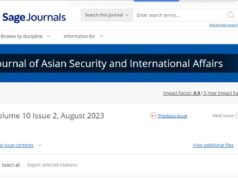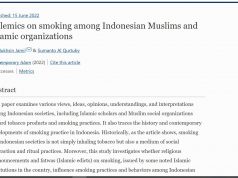This article aims to examine two major issues: (1) religious roots of reconciliation and forgiveness, which are often unfortunately forgotten in the academic discussion of peacebuilding and peace policy-related issues, and (2) Christians’ and Muslims’ attempts to quell interreligious violence and prevent renewed outbreaks in the conflict zone of Ambon of the Moluccas (Maluku) in eastern Indonesia. More specifically, it discusses the role of Ambonese Christian and Muslim leaders in the process of interreligious peacemaking and reconciliation.
A comparative study of conciliation within Islam and Christianity, the piece investigates factors underlying Christian–Muslim collaboration for establishing peaceful settlement in the region.
Unlike most previous analyses and studies, which have tended to undermine the contribution of religion in the conflict settings of Ambon, the article shows that religious identities, discourses, and actors have contributed to and also enhanced the chances for peace and reconciliation.
Why and how Ambonese Christian and Muslim leaders were willing to unite to fight against religious extremism and eagerly pursue pacification becomes the central question of this article.





